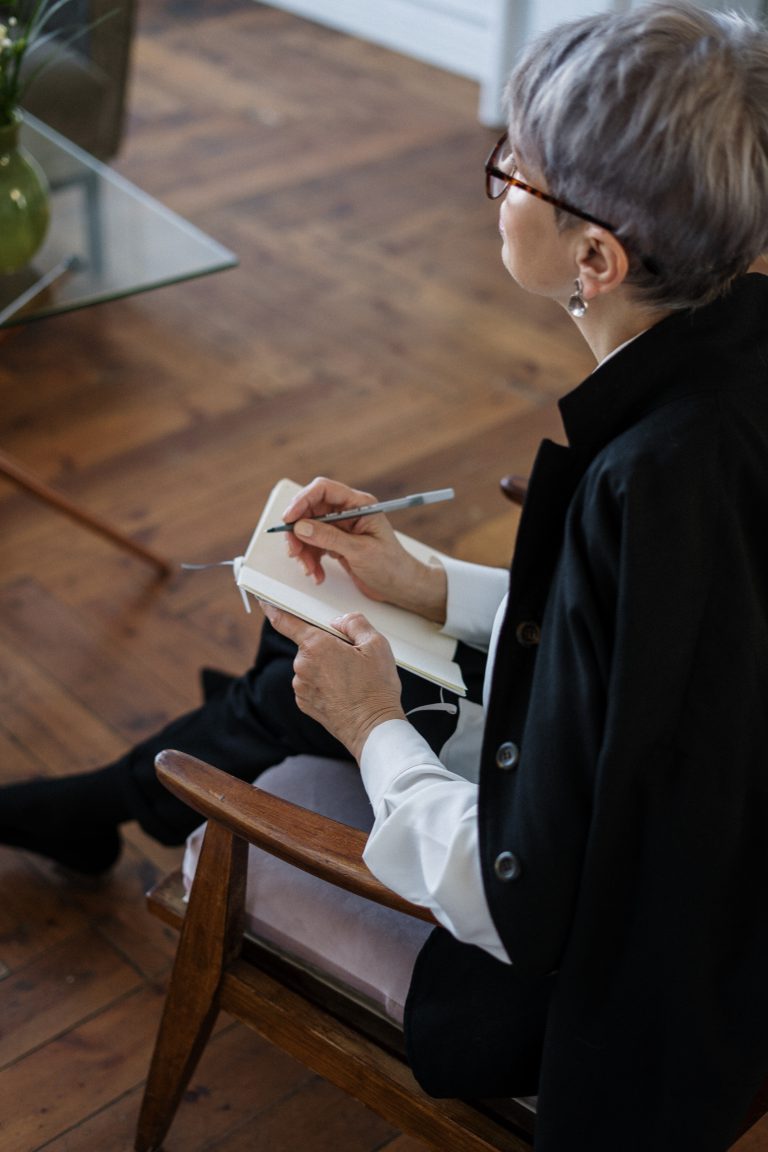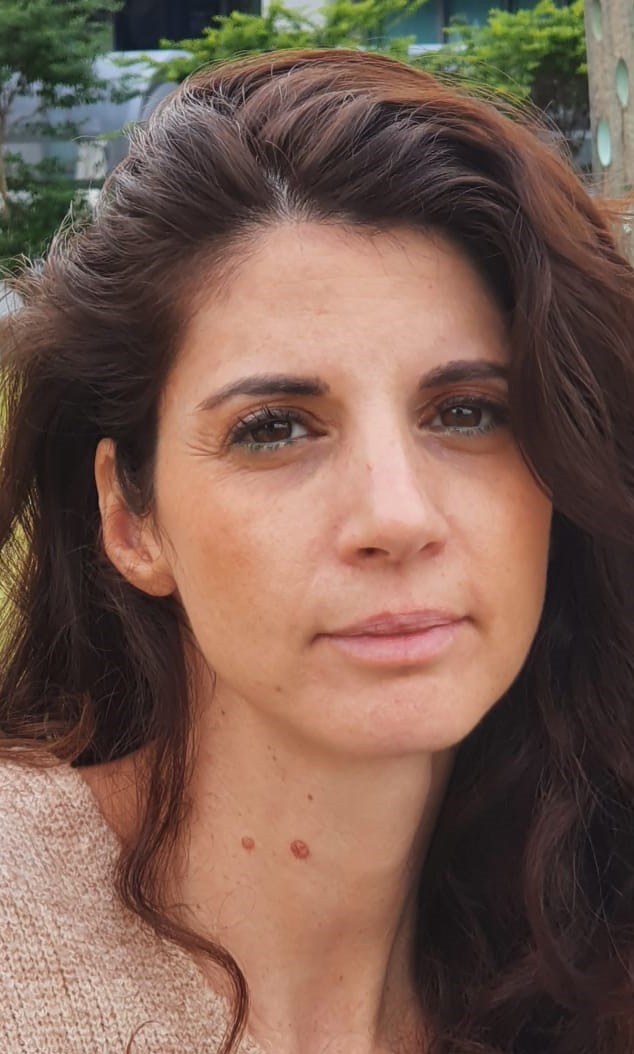“Everyone is afraid of something. We fear things because we value them. We fear losing people because we love them. We fear dying because we value being alive. Don’t wish you didn’t fear anything. All that would mean is that you didn’t feel anything. (Cassandra Clare)”
Fear, in the right proportions, is perhaps the greatest driver of positive change throughout human history. The basic need for survival and our collective drive for continued, comfortable living has resulted in inventions, innovations, and cultural ideological shifts that have catapulted humankind forward, and emphasized the importance of the quality and sanctity of life. Fearing the dangerous effects of food spoilage, we mastered ways of refrigerating our food. Fearing the risks of living exposed to the elements, we found varied and creative ways of improving our shelters. Fearing the devastation that can be caused by illness and disease, we’ve invested tremendous energy and resources into making medical advancements that can immunize or treat the sick.
When we examine the benefits of fear in relation to living with chronic pain, we may find that our greatest successes in living well with chronic pain come from recognizing the validity of our fears, and learning how to respond to them as calls to action. Living with chronic pain can feel like living a life where many of the things we’d like to have and experience seem to be behind locked doors. Often, our fear is both what’s locking the door, and the key providing us the information we need to open it. When we see the fear and worry associated with many aspects of our lives with chronic pain, we are also provided with a clear demonstration of what is most important to us.
Fear shows us what we value
When we worry about the effect of our chronic pain on our relationships, we are getting an opportunity to see just how much we value the people in our lives. This realization can be our motivation to continue to seek ways to improve communication and connection with our loved ones, while managing our chronic pain. Our fear of having compromised relationships can inspire us to become the best family members, partners, or friends that we can be, while also increasing our motivation to share our needs with the people in our lives, so that they can work on their side of the relationship.
Feeling our panic rising at the thought of a pain flare up, we are shown how much we care about ourselves, and how much we value our comfort. When we tap into the desire to feel good that underlies our fear of feeling bad, we can remain driven to keep searching for creative approaches to improve our quality of life. Our fears arise in anticipation of undesirable experiences, or over worry that we might be unable to access a desired experience. In other words, we’re scared of getting what we don’t want, and not getting what we do want.
Learning to reframe our fears in terms of the desires and values they represent can give us clarity of purpose and direction. It’s much easier to know what action needs to be taken when the goal we’re working towards is clearly defined. In order to be able to hear the call to action in our fear, however, we usually need to practice seeing the true meaning of our fear, rather than becoming bogged down in the fear itself. Because our fear can often demand so much of our attention, we can develop tunnel vision, focusing exclusively on the fear and losing our ability to see the fear within a greater context.
How we find the desires beneath our fear
One of the first ways we can start to get a clearer picture of what value or desire our fear is highlighting, is to familiarize ourselves with how we personally experience fear. For some people, a pounding heart and racing thoughts might be the hint that they are feeling fearful, but sometimes fear is more discreet. It might show up as a clenched jaw, an avoidant behavior, or even aggression. Each of us has our unique ways that we exhibit fear, and it can be a huge help to learn how our fear manifests in our thoughts, feelings, and actions. Whether we enlist the help of a therapist to do this, open a discussion with someone we trust, or just sit quietly and introspect, learning how to recognize when we are feeling fearful can open the door for us to get a better understanding of what our fear represents.
If, for example, we can identify that we clench our teeth when we are afraid, and then we realize we are clenching our teeth every time we have a doctor’s appointment, we might conclude that we are scared of medical professionals. However, if we look at the value underlying our fear, instead of at the fear itself, we might realize that receiving the right care from the right doctor is something that is very important to us. This realization might prompt us to be more discerning and intentional when choosing our medical providers. Without reframing our fear as a desire, we might just avoid going to the doctor, which would jeopardize our health. When we reframe our fear as a value or desire, however, it provides us with direction and clarity about what we’d like to move towards, instead of only showing us what we’d like to move away from.
The fear that comes hand in hand with chronic pain can provide us with many opportunities to get clarity on what is important to us in our lives. Whether the fear shows up in relation to our relationships, our medical care, the pain itself, or a trip to the zoo, it can mobilize and inspire us to align our actions with what we find most meaningful, valuable, and desirable. Yet, our fear can only play this role for us once we’ve learned to hear the coded messages hidden beneath it’s overwhelming feelings and sensations. Those very feelings and sensations are often our signals that something is going on inside us that might require examination. As we familiarize ourselves with our fear symptoms, we also learn to look away from the fear to find the hidden desires and values that are being threatened. When we use those values as a guide, we can take steps to live in alignment with our core beliefs, and turn fear from something that takes away from our quality of life, to something that teaches us how to live better.





